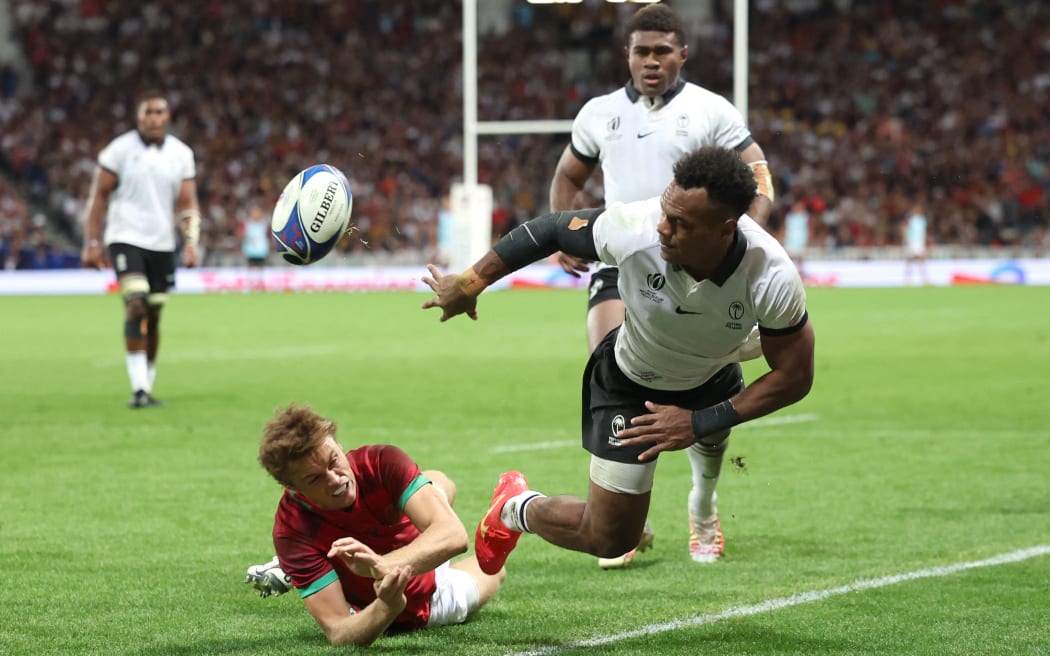The Fiji Rugby Union (FRU) is facing increasing turmoil as several former and current players express their discontent over management decisions and treatment within the organization.
This unrest has been fueled by a series of controversies surrounding player welfare, contract disputes, and lack of transparency from the FRU.
In recent weeks, a growing number of Flying Fijians, including notable players who have donned the national jersey, have come forward to voice their grievances.
They allege that the union has neglected their needs, particularly regarding medical care and support after their playing careers.
Players have reported that injuries sustained while representing Fiji have not been adequately addressed, leading to long-term health issues.
One prominent player, who requested anonymity, highlighted that many athletes feel abandoned once they leave the spotlight. “We give everything for our country, but when we need support, the union disappears,” he stated.
This sentiment echoes a broader feeling among players that the FRU prioritizes short-term success over long-term player welfare.
Financial transparency has also become a contentious issue. Several players have raised concerns about how funds are allocated, especially in light of significant revenue generated from international matches and sponsorship deals.
Some former players have called for an independent audit of the union’s finances to restore trust and accountability.
Moreover, the recent management decisions, including coaching appointments and team selection processes, have been met with skepticism.
Many players feel sidelined in crucial decisions that affect their careers and the direction of Fijian rugby. This disconnect has fostered an environment of frustration, leading to calls for reform within the union.
As the World Cup approaches, the timing of these revelations is particularly sensitive. With the eyes of the rugby world on Fiji, the union’s leadership faces mounting pressure to address these issues decisively. Former Flying Fijian captain, who has also spoken out, emphasized the need for a more inclusive approach.
“We need to come together as a team, not just on the field but off it as well. The players’ voices must be heard,” he said.
The FRU has yet to respond formally to these allegations, but the growing chorus of dissent among players suggests a critical juncture for Fijian rugby.
As the sport continues to grow in popularity, ensuring player welfare and fostering a transparent, collaborative environment will be essential for the future of rugby in Fiji.
Only time will tell if the union can navigate this crisis and restore harmony within its ranks.







